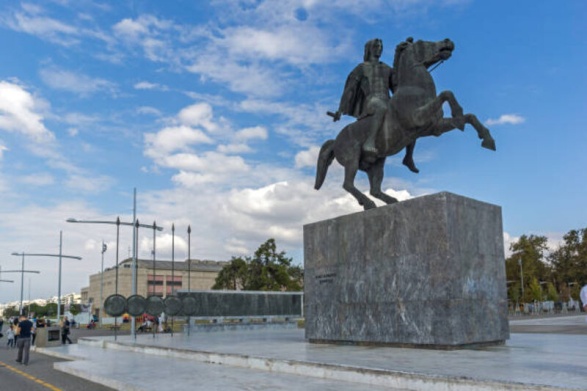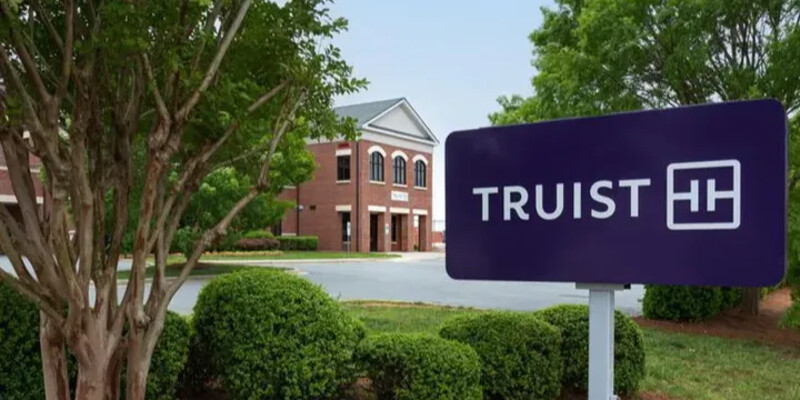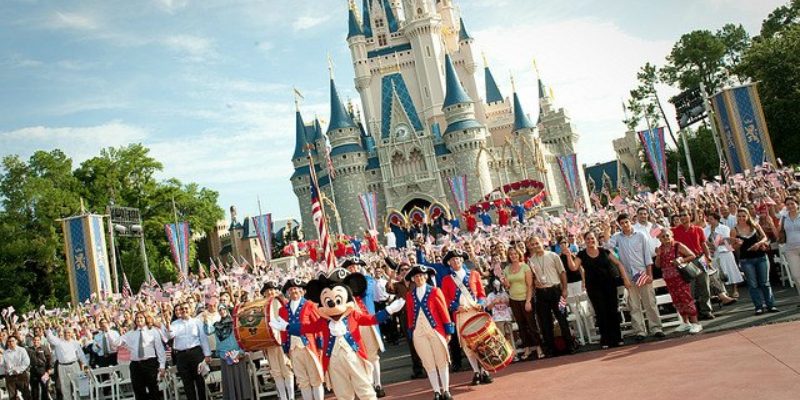Lyndon B. Johnson, often referred to as LBJ, took office as the 36th President of the United States in 1963 after the assassination of President John F. Kennedy. He went on to win a landslide victory in the 1964 presidential election and served until 1969. During his presidency, Johnson implemented a series of economic policies that aimed to reduce poverty and promote economic growth. These policies, known as the "Great Society" programs, were part of Johnson's vision for a more equitable and prosperous America.
The Great Society

The cornerstone of Johnson's economic policies was the establishment of the "Great Society" programs. This ambitious set of social welfare programs aimed to combat poverty and racial injustice. Some of the key programs included in the Great Society were:
- Medicare and Medicaid: these programs provided health insurance to elderly and low-income individuals, respectively.
- Head Start: a program that provided early childhood education to children from disadvantaged backgrounds.
These programs were intended to provide a safety net for the most vulnerable members of society and promote equal opportunities for all Americans.
War on Poverty
In addition to the Great Society programs, Johnson also declared a "War on Poverty" in 1964. This initiative aimed to address the root causes of poverty and help lift millions of Americans out of poverty through job training, education, and community development programs. The Economic Opportunity Act, which was part of the War on Poverty, created programs such as Job Corps and VISTA (Volunteers in Service to America) to provide job training and community service opportunities.
Impact on the Economy
Johnson's economic policies had a significant impact on the American economy during his presidency. Unemployment dropped from 5.4% in 1963 to 3.2% in 1969, and poverty rates also decreased from 22% to 12%. Additionally, the GDP (Gross Domestic Product) grew at an average rate of 4.4% during Johnson's presidency.
However, these policies also had their critics who argued that they were too costly and led to a larger government and increased national debt. Some also believed that these programs did not address the root causes of poverty and only provided temporary relief.
Medicare and Medicaid
One of the most significant achievements of the Great Society programs was the implementation of Medicare and Medicaid. Medicare provided health insurance for individuals over 65 years old, while Medicaid provided coverage for low-income families and individuals. These programs helped millions of Americans access healthcare services that they otherwise would not have been able to afford.
Assessment of their influence on the economy and public health
The implementation of Medicare and Medicaid had a significant impact on both the economy and public health. On the economic side, these programs provided stability and security for elderly individuals and low-income families, allowing them to save money on healthcare expenses. This, in turn, helped stimulate the economy by increasing consumer spending.
In terms of public health, Medicare and Medicaid played a crucial role in reducing the number of uninsured individuals and increasing access to healthcare services. This led to improved health outcomes, particularly for vulnerable populations who previously had limited access to medical care.
Education Acts
Another important aspect of Johnson's Great Society programs was education reform. In 1965, he signed the Elementary and Secondary Education Act, which provided federal funding for primary and secondary education in low-income areas. This act aimed to close the achievement gap between students from different socioeconomic backgrounds.
In 1968, Johnson also signed the Higher Education Act, which increased federal funding for universities and provided financial aid to students from low-income families. These acts helped make education more accessible for all Americans and promoted equal opportunities.
Critiques and Opposition

While Johnson's economic policies had many supporters, they also faced criticism and opposition. Some argued that the programs were too expensive and led to an increase in government spending and national debt. Others believed that these policies did not address the root causes of poverty and only provided temporary relief.
In addition, there was pushback from conservative politicians who saw these social welfare programs as a threat to individual responsibility and the free market economy. These critiques and opposition ultimately contributed to the gradual decline of Johnson's Great Society programs in the following decades.
Legacy
Despite facing criticism and challenges, Johnson's economic policies had a lasting impact on American society. The Great Society programs helped reduce poverty rates, increase access to education and healthcare, and promote equal opportunities for all Americans. Many of these programs are still in place today, demonstrating the enduring legacy of Johnson's vision for a more equitable and prosperous America. Overall, his presidency was a crucial moment in American history that shaped the country's economic and social policies for decades to come.
Conclusion
The Great Society and War on Poverty programs were a fundamental part of Johnson's presidency and left a lasting impact on American society. These initiatives aimed to combat poverty, promote equal opportunities, and address systemic issues such as racial injustice. While they faced criticism and opposition, their influence on the economy and public health cannot be denied. The legacy of these programs continues to shape policies that aim to create a more equitable and prosperous society for all Americans. So, it is important to remember and reflect on these programs as we continue to strive towards a better future for our country.




